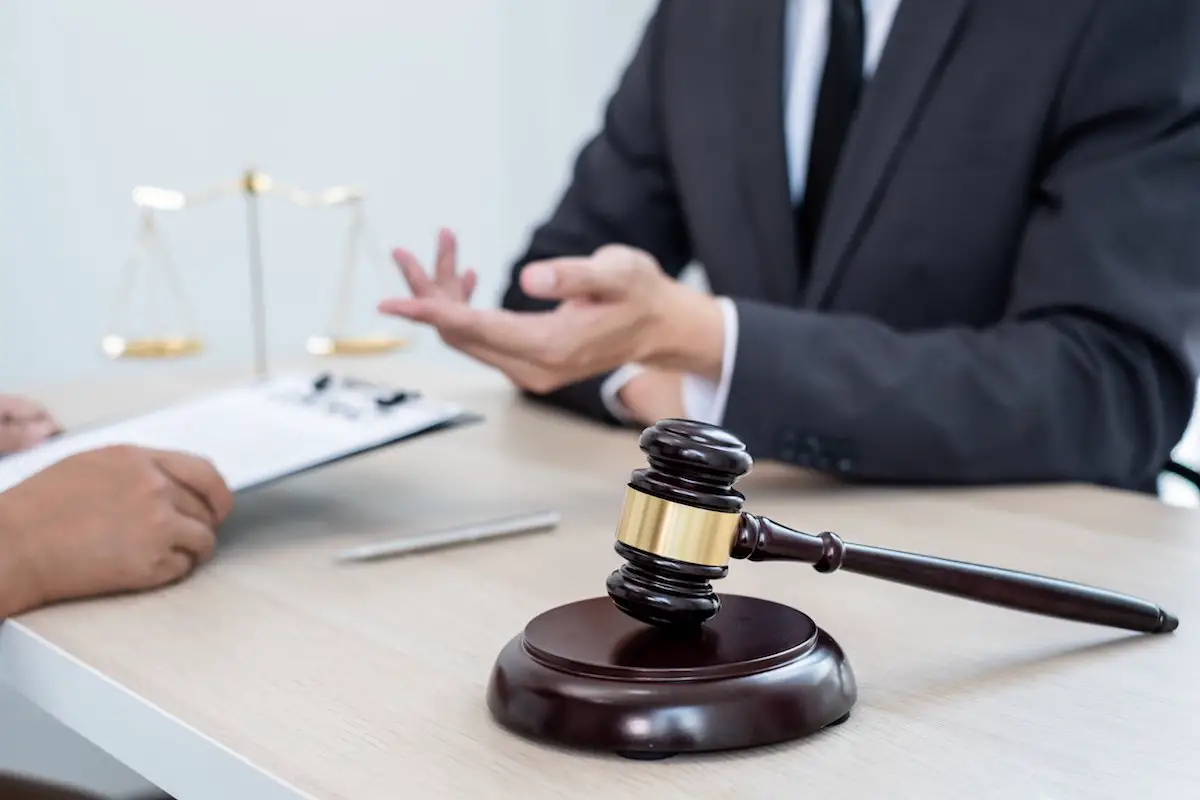
20 Oct How Do You Know Your Deposition Went Well?
The Guide to a Successful Deposition
A deposition is a significant part of any legal case. It is your chance to tell your side of the story and to get information from the other party. If you are preparing for a deposition, it is important to make sure that you do everything you can to make sure it goes in your favor. In this blog post, we will discuss everything you need to know about a deposition.
So if you are wondering how do you know if your deposition went well? Here are some key things to look for:
- You were able to stay calm and collected throughout the entire process
- You were able to answer all of the questions that were asked of you
- You felt like you were able to effectively communicate your story
- Your attorney was happy with your performance
If you can say that all of these things are true, then it is safe to say that your deposition went well. If you are not sure about any of these things, or if you have any concerns, be sure to speak with your attorney. They will be able to give you a better idea of how things went.
Now that we’ve gone over how to know if your deposition went well, let’s talk in more detail about how to make sure you have a successful one.

Staying Calm During a Deposition
One of the most important things to remember for getting the best outcome from deposition is staying calm, professional, and collected. This is not the time to get emotional or try and argue with the other party. This is your chance to tell your story in a clear and concise manner. The reason it’s important to stay calm is that if you get emotional, it can make you look bad in front of the jury. It can also make it more difficult for you to answer questions in a clear and concise manner.
If you find yourself getting emotional during the deposition, there are a few things you can do to try and calm down:
- Take a few deep breaths
- Try to relax your body
- Focus on the positive
- Remember that you are in control of the situation
- Talk to your attorney before the deposition if you are feeling nervous
If you follow these tips, it will be easier for you to stay calm during your deposition.
Answering Questions During a Deposition
It is important to remember that you are under oath during a deposition. This means that you need to be very careful about what you say. You should only answer the question that is being asked of you and nothing more. If you start volunteering information, it can be used against you later on. It is also important to make sure that you answer the question as clearly and concisely as possible.
If you are asked a question that you don’t know the answer to, it is perfectly acceptable to say that you don’t know. You should never guess an answer or make something up.
Communicating Your Story
One of the most important things to remember during a deposition is that you are telling your story. This is your chance to tell the jury what happened in your own words. You should always be honest when you are answering questions. If you are asked a question that you don’t know the answer to, it is perfectly acceptable to say that you don’t know.
You should also make sure that you are clear and concise when you are answering questions. The jury is not going to want to hear a long, drawn-out story. They want to hear the facts of what happened. It’s best to practice telling your story ahead of time so that you know what to expect and so that you can make sure you are telling it in the best way possible.

Your Attorney’s Opinion
After the deposition is over, your attorney will likely want to talk to you about how things went. It is important to listen to their opinion and take their advice. They will be able to tell you what the other side is likely to do with the information they gathered during the deposition.
Your attorney will also be able to tell you if there are any areas that you need to work on for future depositions or for trial.
Your best way of knowing if your deposition went well is through this discussion with your attorney. And of course, after this- they will continue to consult you on the rest of your trial in order to get the best outcome.

Preparing For a Deposition
There are a few things you can do to prepare for a deposition. First, you should review the facts of your case with your attorney. They will be able to help you refresh your memory and prepare for questions that might be asked. It is also a good idea to practice telling your story. This will help you make sure that you are clear and concise when you are answering questions. You should also make sure that you are honest when you are answering questions.
Finally, it is important to remember that you should only answer the question that is being asked of you. You should not volunteer information or guess at answers. If you do, it could be used against you later on. Following these tips will help you have a successful deposition and will give you the best chance of success in your case.
The Bottom Line
To conclude, a deposition is a vital part of a case and it is important to be prepared for it. Although a case isn’t decided based on a deposition, it can be used to gather information and tell your story. You should review the facts of your case with your attorney, practice telling your story, and make sure that you are honest when you are answering questions. Also, you should only answer the question that is being asked and not volunteer any information. You are also allowed to take notes and ask your own questions during a deposition. Following these tips will help you get the best outcome from your deposition and you will be confident that it went well! Thanks for reading our article today, we hope it was helpful!
Related Questions
Are depositions required?
No, depositions are not required. However, they may be helpful in some cases. If you and the other party agree to have a deposition, then it will be scheduled. If you do not agree to have a deposition, the other party may request one from the court.
What is the purpose of a deposition?
A deposition is a way for the other side to gather information about your case. It is also an opportunity for you to tell your story in your own words.
How long is a deposition?
A deposition can last anywhere from a few minutes to several hours. It all depends on the case and the questions that are being asked.
Can I plead the fifth during a deposition?
Yes, you can plead the fifth during a deposition. However, if you do, it may be used against you later on.





